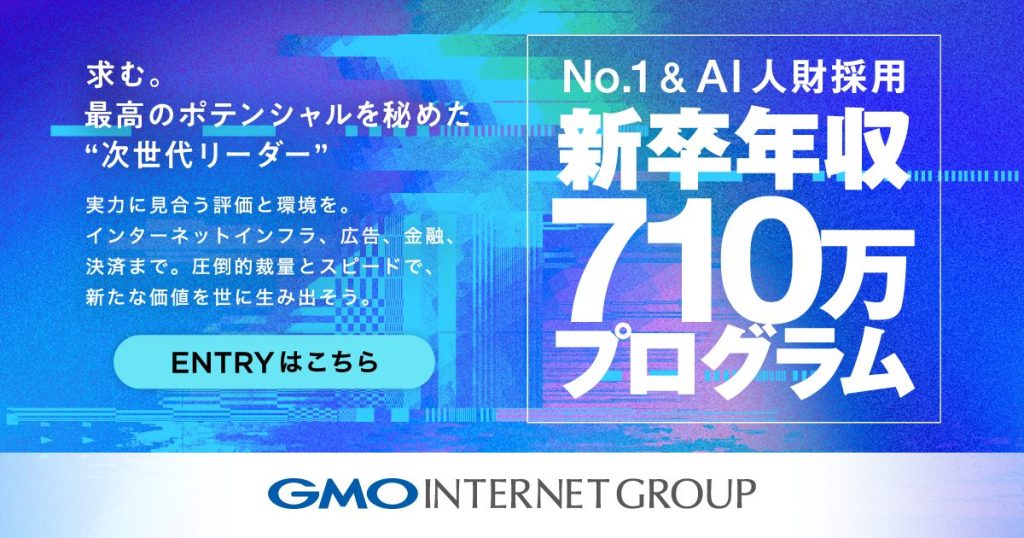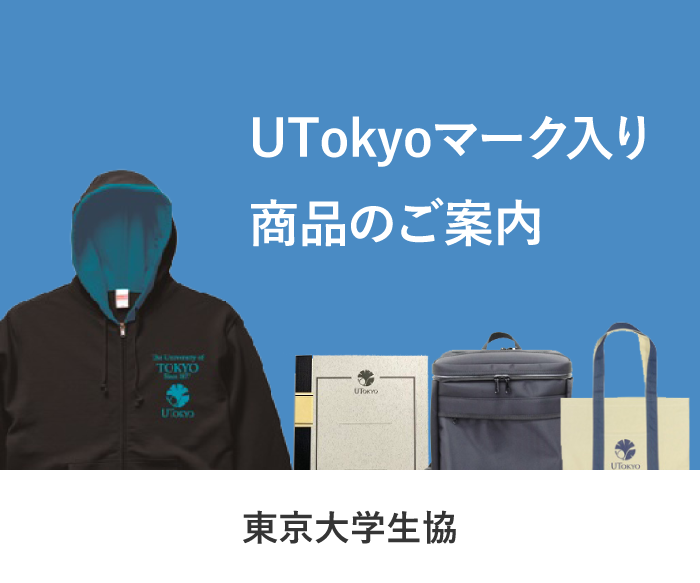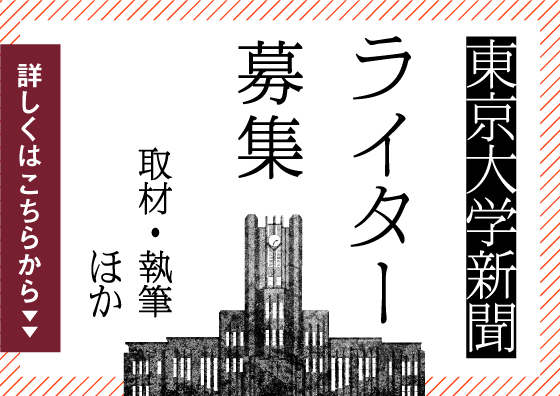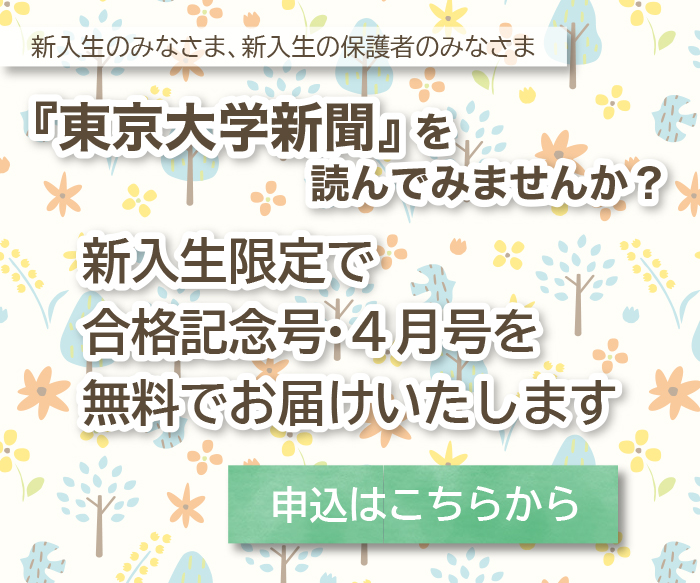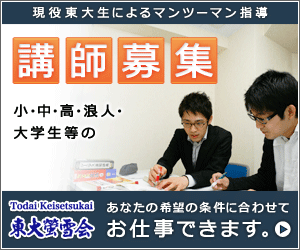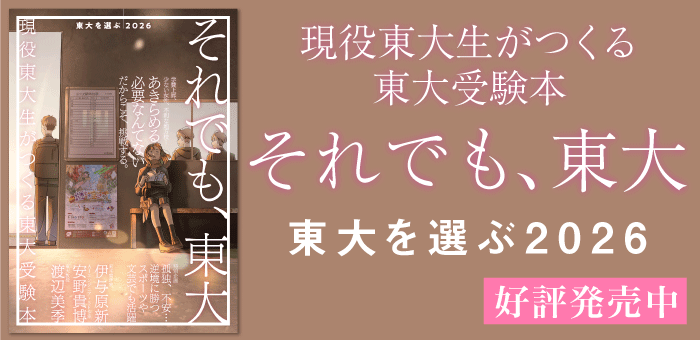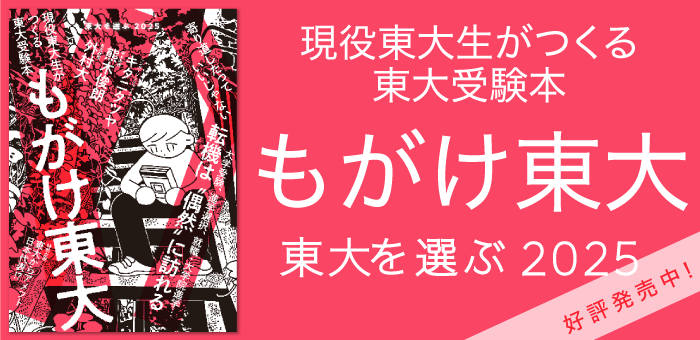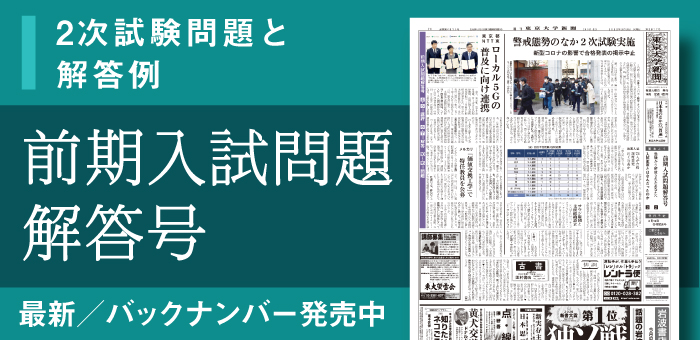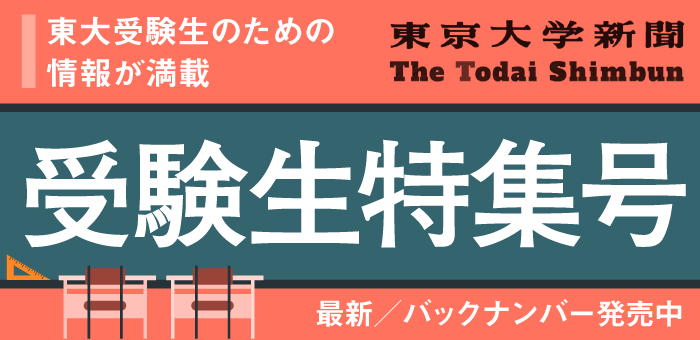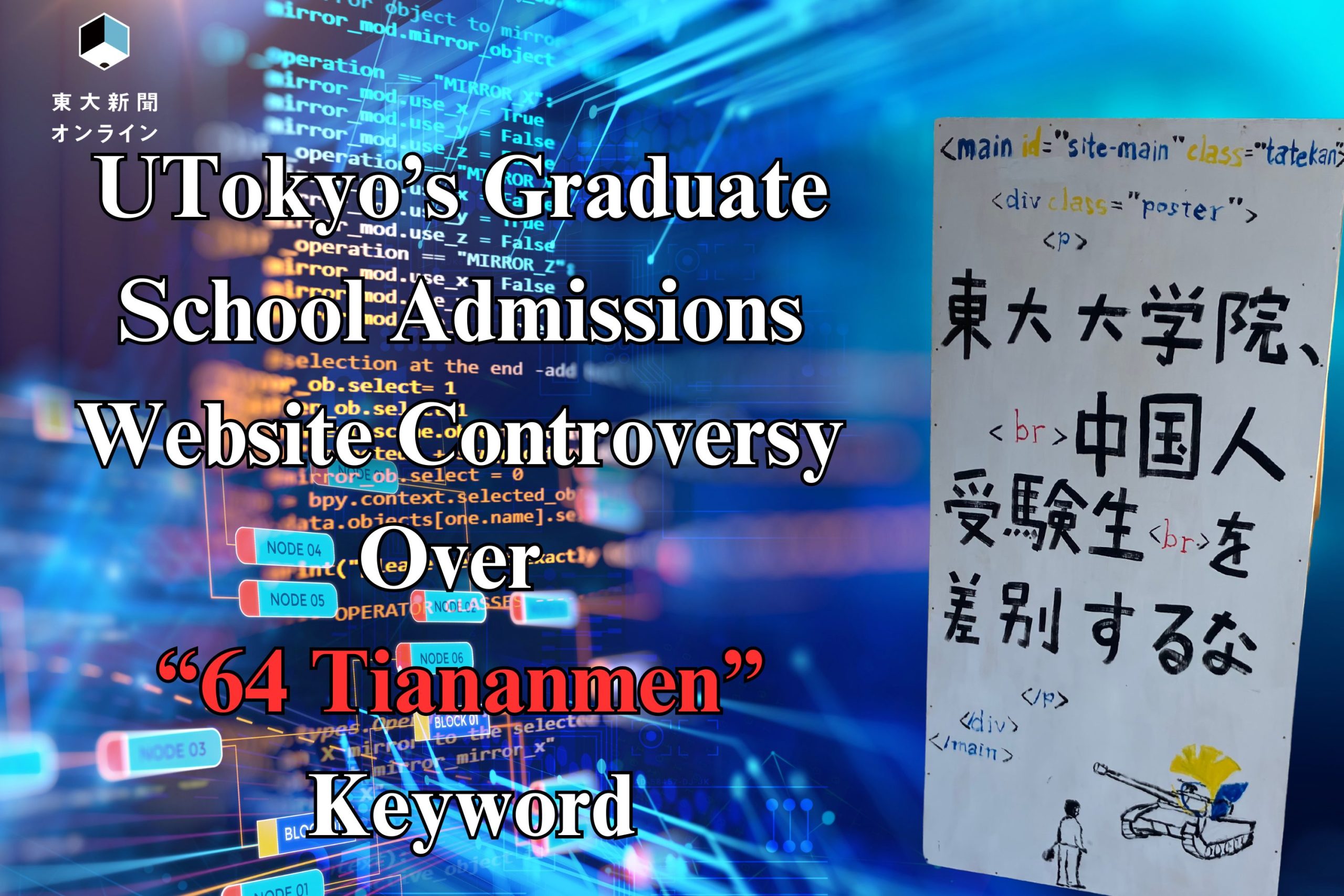
日本語版はこちらをクリック
点击此处查看中文版。
It has been revealed that the source code of the admissions information website for some programs at the University of Tokyo Graduate School temporarily contained the keyword “June Fourth Tiananmen(六四天安門)”. The keyword appears to have been specified between August and September 2023. This suggests a possible intent to block access from China due to the country’s information censorship policies. If true, this act would contradict UTokyo’s commitment to promoting diversity and inclusiveness. The Todai Shimbun solicited opinions via an online feedback form set up on December 7, 2024. Responses included concerns about the incident, criticisms of the Chinese government’s censorship policies, and arguments that the acceptance of Chinese international students should be reconsidered from a national security perspective. This article investigates where the real issues behind this revelation lie. The Todai Shimbun interviewed representatives from the university’s central Public Relations Office, members of the affected Graduate School of Frontier Sciences (GSFS), Department of Computational Biology and Medical Sciences (CBMS), and Chinese international students at UTokyo.(Reported by Hirai Sougo, Oka Takuto, and Liu Jiaqi)
Suspected Intent to Block Chinese Students in Graduate Admissions
The keywords were found in the admissions information page and the English version of the top page of CBMS. They were included as meta keywords (terms used to convey page information to search engines but not displayed on the actual page) in the source code (a document written in a programming language that provides website information).
The affected pages themselves contained no content related to the Tiananmen Square Incident. “June Fourth Tiananmen” refers to the Tiananmen Square Incident that occurred in Beijing on June 4, 1989. Due to Chinese censorship policies, websites containing terms related to the incident are said to be excluded from search results within China.
It is possible that the affected pages became temporarily inaccessible from China due to the presence of “June Fourth Tiananmen” in their source code. However, it is also true that Chinese internet users can bypass censorship and access foreign websites. Additionally, the claim that Chinese users are unable to access websites where “June Fourth Tiananmen” is embedded in the source code has not been verified. The actual impact of this keyword inclusion remains unclear. However, the likelihood of this keyword being unintentionally included, despite being irrelevant to the admissions information, is considered low unless there was intent to block access from China.
The keywords were identified through the Web Archiving Project (WARP) by the National Diet Library and the Wayback Machine, a site that collects and archives website data. The inclusion of “June Fourth Tiananmen” appears to have occurred between August 12 and September 29, 2023 (Photo 1). During this time, one of the program’s two annual admissions cycles took place.
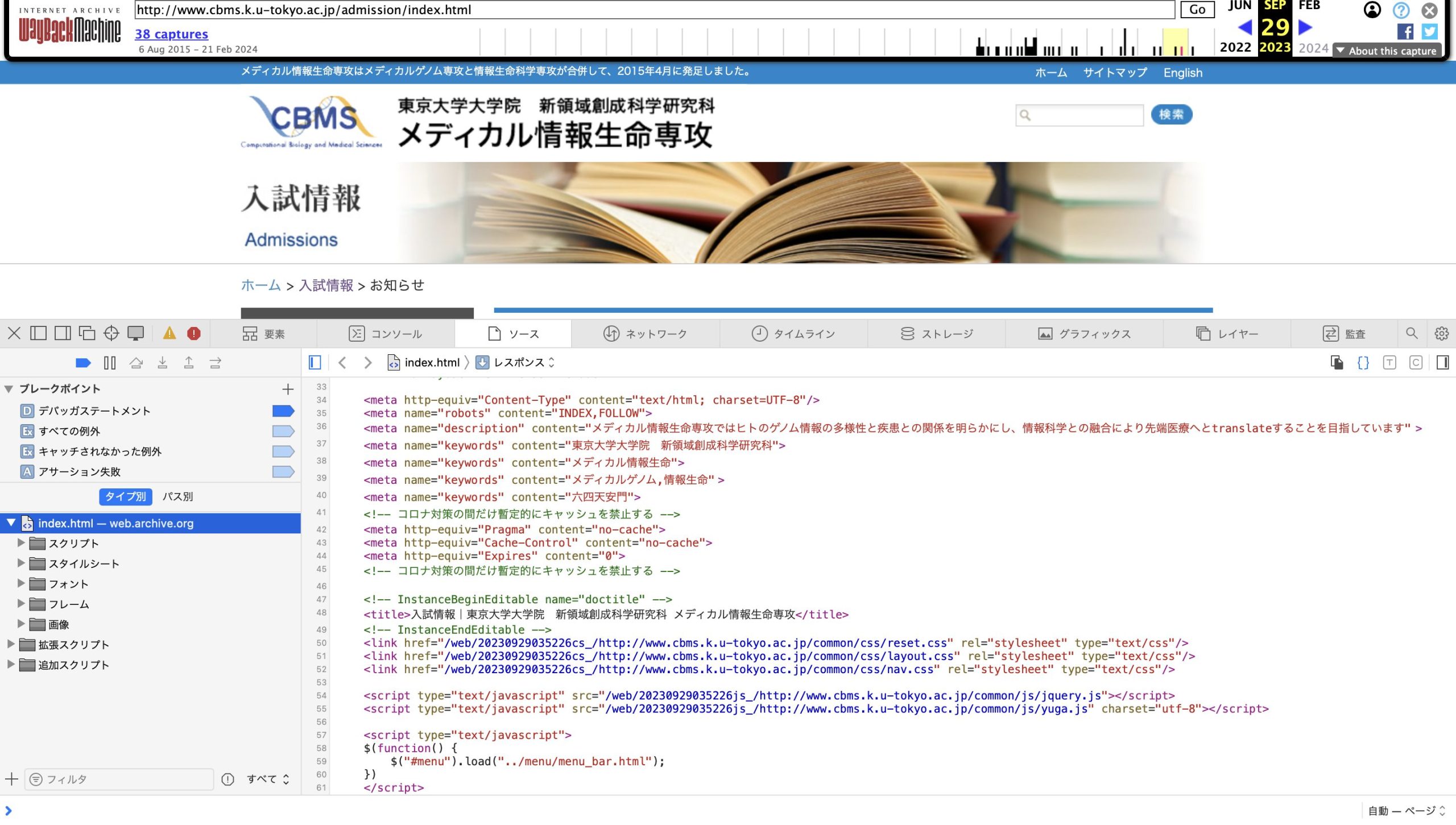
40–50% of Graduate Admissions in Recent Years Are International Students
It is not yet clear whether the inclusion of the keywords was a decision made by the department or by faculty members with access to update the website. The rising proportion of international students in the department in recent years could be a factor behind the incident.
In the master’s program, the proportion of international applicants has increased annually, with a corresponding rise in the proportion of international students among those admitted (Table). For the doctoral program, 40–50% of those admitted since 2020 have been international students, with approximately 80% of these coming from China.
The department’s admissions process allows applicants to choose between Japanese and English for their exam questions, though the questions themselves are identical. Additionally, there are no special admissions quotas for international students.
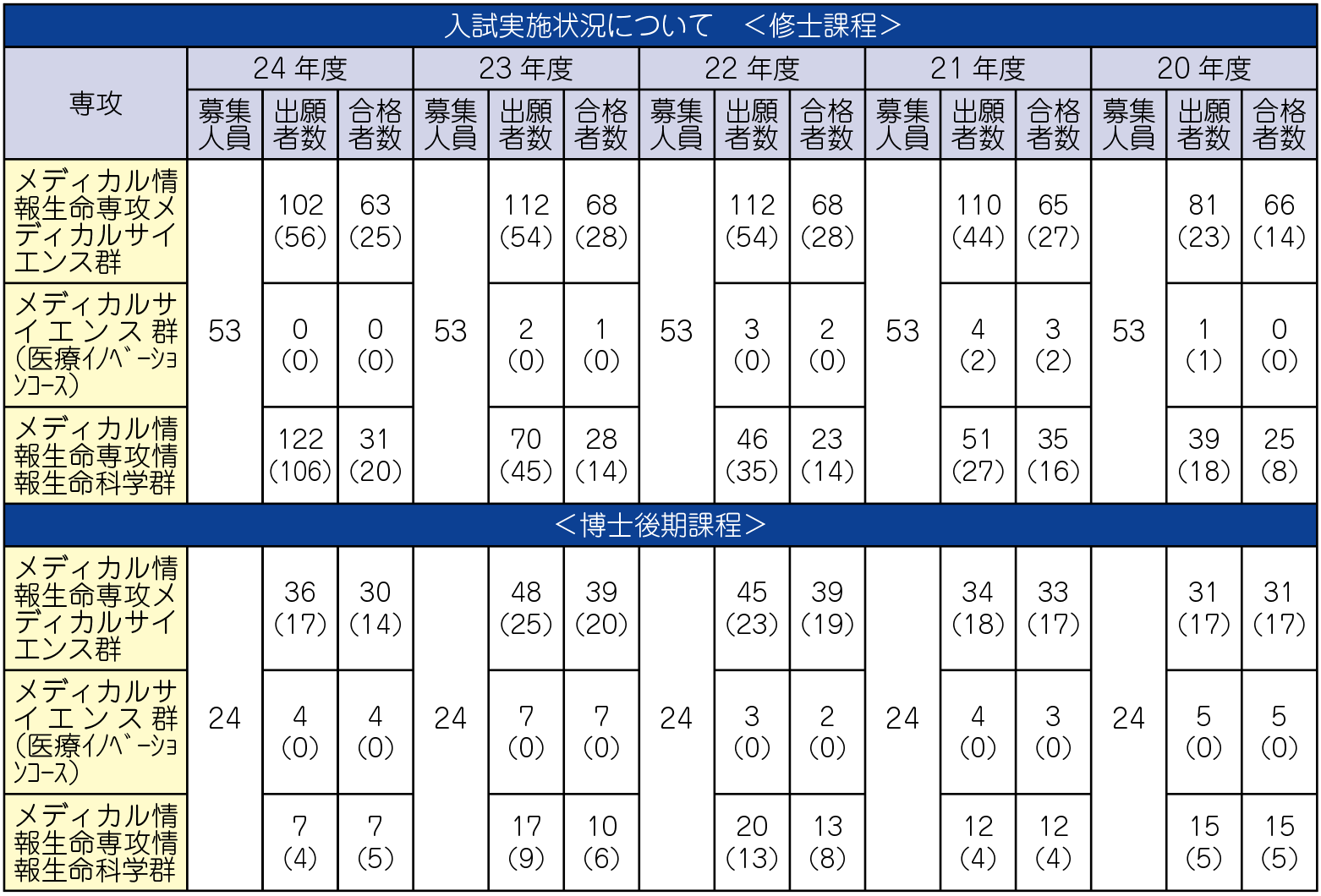
UTokyo Public Relations Office describes the incident as “Deeply Regrettable”
According to UTokyo’s central Public Relations Office, the university became aware of the issue around March 2024, due to a confidential informant. The department in question removed the keywords and renewed its system to prevent inappropriate keywords from being included in the source code. The university plans to periodically check source code as a preventive measure.
The department is currently investigating the circumstances under which the keywords were added. The Public Relations Office stated that if the intent was to block access from a specific country, it would constitute an inappropriate act contrary to the university’s policy of welcoming a diverse range of students and faculty from around the world, adding that the incident was “deeply regrettable.”
As for why the university did not announce the incident publicly, the office explained that it was still in the process of confirming the facts. It has not yet decided whether to hold a press conference or otherwise to disclose the findings.
The Call for Transparency: CBMS Investigation Request
The source of CBMS expressed deep regret over the incident, calling for a thorough investigation into the context and underlying issues behind the inclusion of the keywords. They also emphasized the need for organizational improvement and re-education to promote greater awareness of diversity and inclusion.
Within the department, opinions had previously been raised about taking measures to increase the number of Japanese applicants and admitted students, given the growing number of international students, particularly from China. Some faculty members argued that, as a national university supported by taxpayer funds, preference should be given to Japanese students, and the high proportion of admitted students from specific countries was problematic.
There were discussions about forming a working group to address the decline in Japanese applicants and the increase in international students from certain countries, as well as revising the department’s English-language admissions process. However, the source argued that the department should focus on increasing the total number of applicants and selecting more diverse and talented students based purely on merit. They also emphasized the need to enhance English-language classes and resources within the department.
Is the Increase in Chinese International Students a Problem for Diversity and National Security?
Some have raised concerns that the large number of Chinese international students may actually undermine diversity. Among the international students in the program, Chinese students account for a significant proportion. However, the source sees this imbalance as a transitional phase. They point out that even if there is a temporary imbalance among international students, having perspectives from multiple countries is closer to the ideal compared to a situation composed entirely of Japanese students. Furthermore, they argue that being hesitant to accept Chinese international students does not align with the program’s current reality. Since GSFS does not have an undergraduate counterpart within UTokyo, only a few students from the university’s undergraduate programs advance to this graduate program each year. Research and education cannot proceed without students, so there is no reason to reject talented students regardless of nationality. While the ultimate goal is to accept a diverse group of students, including those from Western countries, it is inevitable in the first phase to have a higher proportion of students from neighboring countries. Closing the path to securing diversity by overly focusing on the large number of Chinese students could be the real issue, they note. They also point out that this could lower the quality of research.
Some opinions submitted to the Todai Shimbun’s feedback form mentioned the potential risk of individuals connected to the Chinese Communist Party infiltrating as international students or being pressured to cooperate as spies. In response to these concerns, UTokyo established the Office for Export Control in 2011. The university has implemented a “Security Export Control System” to prevent on-campus science and technology from being diverted for military use. When accepting international students, a pre-enrollment review is conducted. The university verifies: 1) whether the technology provided is publicly known, 2) whether the applicant’s previous university or research has any involvement in developing weapons of mass destruction, and 3) whether the applicant plans to work in military sectors in the future. As the program in question deals with life sciences, which are less likely to be diverted to military applications, no issues have been raised in this review process so far.
Some feedback also highlighted concerns about information control by Chinese authorities. However, such comments seem to conflate two distinct issues: the importance of freedom of expression and the malicious use of information control. While the point is significant, failing to separate the problems posed by Chinese authorities from the issues arising within UTokyo will obscure the core of the current problem.
UTokyo’s D&I Policy: Is Its Importance Fully Understood?
UTokyo’s UTokyo Compass (a fundamental policy introduced after President Fujii’s inauguration) sets forth the goal of creating a university “where anyone in the world would want to come.” In 2022, the university also established the “University of Tokyo Diversity & Inclusion Declaration (D&I Declaration),” emphasizing the promotion of diversity and inclusivity.
While the university headquarters is actively advancing initiatives to achieve D&I, program the source noted that it might still be necessary to start from the basics—explaining why diversity matters—to ensure understanding. Although faculty members undergo semiannual video-based training, there is a possibility that the university’s D&I policies are not yet fully shared as common ground. In 2023, an online workshop titled “Considering University Internationalization with a Focus on Diversity” was held, but participation was limited to faculty and staff who voluntarily signed up. As a result, information on diversity and inclusivity appears to only reach those already interested in these topics.
Typically, faculty meetings avoid addressing sensitive topics related to international students, as many faculty members hesitate to engage with such issues. Consequently, even if a faculty member makes an inappropriate comment during a meeting, others may refrain from addressing or critiquing it.
The program where the “June 4 Tiananmen” incident occurred selects students based solely on merit, regardless of nationality. Given the geographic proximity and the relatively high number of Chinese-speaking students, it is unsurprising that the program has a higher proportion of students from China. However, the underlying issue may lie in the fact that D&I promotion has not yet become a shared foundation across the university. There is an emerging need to make online training on D&I available to students and staff to ensure that the information also reaches those less interested in these topics.
Chinese International Students Call for Action Through a Protest Sign: “The Specific Details Remain Unclear”
Currently, a protest sign addressing this issue is displayed at Komaba I Campus (Photo 2). This sign was created by Chinese international students enrolled in the Junior Division of the College of Arts and Sciences. The Todai Shimbun interviewed two of the students who made the sign to hear their thoughts on the process and their perspectives on the incident.
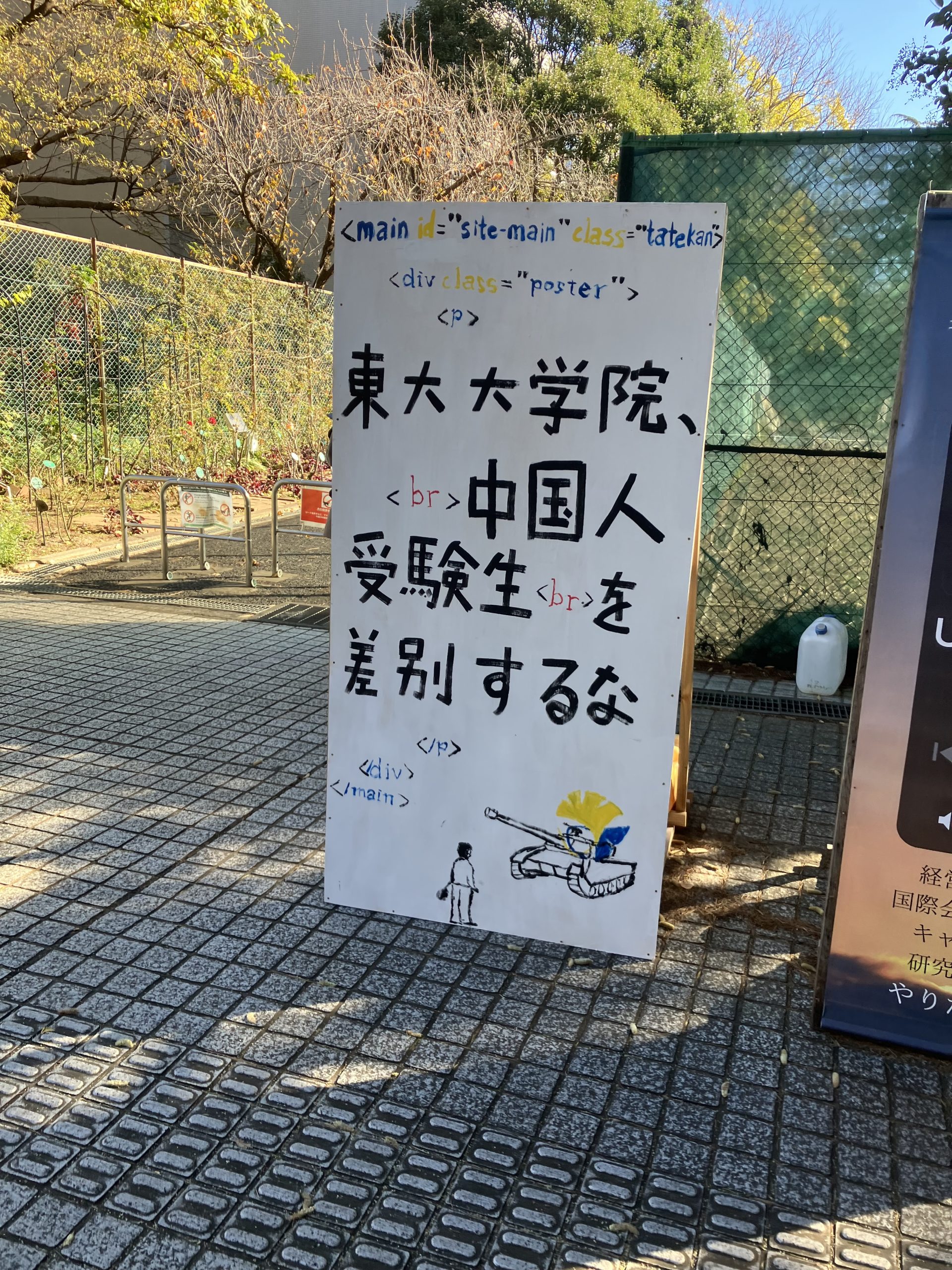
──What first made you aware of this issue?
Student A: We learned about the incident through our signboard club. Feeling the need to act, we discussed the issue within the club, and both Student B and I decided to create the sign. After that, we reached out to several other Chinese international students and completed the sign over the weekend when the news broke. Japanese students in the club taught us techniques for painting on the board and cutting the wood.
──How did you come up with the design concept for the sign?
Student A: The idea to use HTML on the sign was proposed by Student B. The keyword “June 4 Tiananmen,” which may have been written on the GSFS’ website to exclude Chinese students, does not directly appear on the web page itself. In contrast, we wanted to convey our message in a visible and deliberate way by illustrating it in the body tag of the HTML, which represents the part of a webpage that is displayed.
The depiction of a tank referencing the Tiananmen Square Incident at the bottom of the sign was my idea. The design carries two messages. First, it visualizes a historical fact and demonstrates that we, as Chinese international students, have the courage to acknowledge it. Second, it criticizes actions that exploit China’s political environment. The design was inspired by the “Tank Man” photograph from the Tiananmen Square Incident. We did not create this design to criticize the Chinese government directly, but rather to highlight that the Tiananmen Square Incident is a historical fact and should neither be ignored nor avoided. The reason we included UTokyo’s emblem on the tank was that it felt as though the university was leveraging the censorship of “June 4 Tiananmen” in China to foster discrimination.
──What kind of responses have you received regarding the protest sign and the broader issue?
Student A: In the comments section of the report on the sign posted by our club on X (formerly Twitter), comments from individuals generally labeled as “netouyo” (Japanese right-wing internet users known for xenophobic remarks) stood out. A nation consists of diverse aspects—its citizens, government, and political parties—and, for example, government actions do not always align with the sentiments of all its people. However, “netouyo” tend to oversimplify these distinctions and categorize countries like North Korea and China under the blanket term “evil authoritarian states.”
When it comes to the Chinese government in particular, even making statements that do not criticize it directly can lead to being labeled as “opposing democracy” or “defending authoritarianism.”
──How do you, as a Chinese international student, view this issue?
Student A: While this incident was not an official act by the university, the fact that the specific circumstances of how and why the keyword was written remain unclear is a major issue. Since faculty and staff are representatives of the university, their individual actions could easily be perceived as reflecting the university as a whole. The existence of individuals within the university who hold discriminatory views indicates that the institution itself harbors such views. If faculty members maintain these beliefs, incidents like this could happen again in the future.
In its 2022 Diversity & Inclusion Declaration (D&I Declaration), UTokyo committed to addressing discrimination and inequality on campus. However, the recent incident demonstrates that the reality is moving in the opposite direction. This incident is clearly a case of discrimination, targeting Chinese international students and utilizing symbolic elements such as the Tiananmen Incident and internet censorship in China. Its malicious nature cannot be overlooked.
Student B: This is not just a problem at UTokyo. Discriminatory attitudes like this are deeply rooted in Japanese society as a whole. For example, many of the comments in response to our post about the protest sign reveal prejudiced views, often propagated by “netouyo.” The widespread dissemination of such bias and discrimination on the internet is a serious issue.
──Reflecting on the creation of the protest sign
Student A: The high proportion of Chinese international students at UTokyo’s graduate schools demonstrates the significant role they play in supporting Japan’s academic system. However, alongside blatant cases like this incident, there are many subtler, harder-to-voice forms of discrimination. When speaking with other Chinese international students in Japan, many have shared that while these issues may not be immediately visible, they are widespread.
This is why it is so important for international students to clearly express the discomfort and distress caused by discrimination. By putting our feelings into words and continuing to share them, we hope to gradually improve the situation. Through this protest sign, we aim not only to demand a swift investigation from the university but also to shed light on structural violence and discrimination, raising awareness among a broader audience about the realities of these issues.

